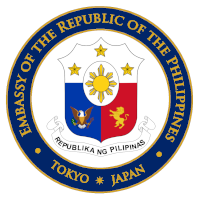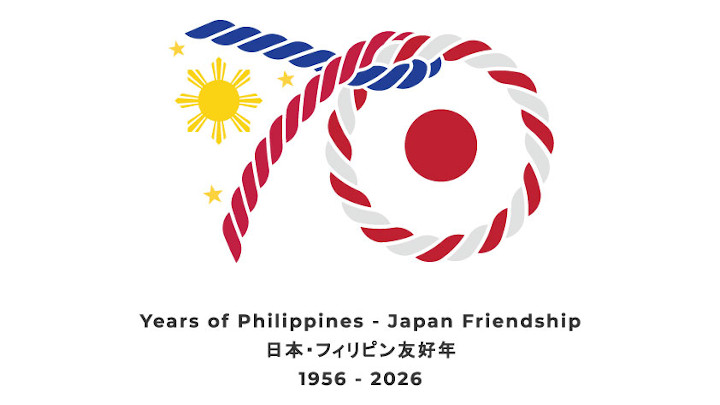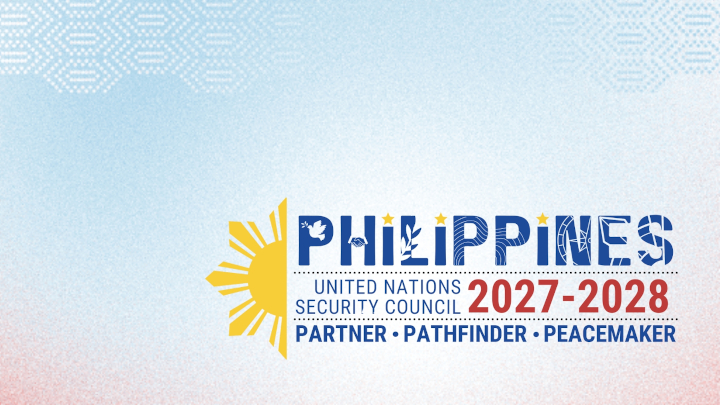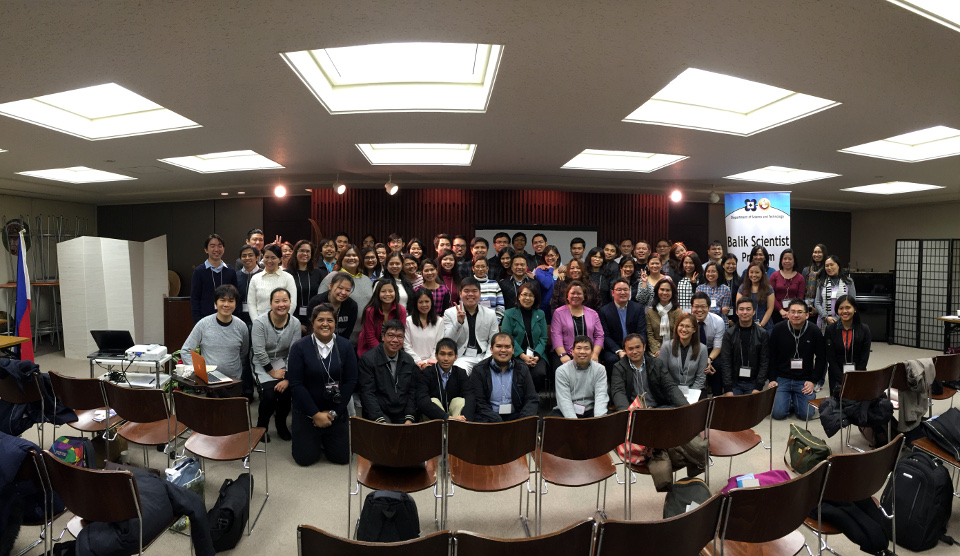Philippine Embassy in Tokyo Hosts DOST’s “Balik Scientist” Briefing, Calls on Filipino Scientists in Japan to Give Back
11 January 2016 – Deputy Chief of Mission Gilberto G.B. Asuque of the Philippine Embassy exhorted young Tokyo-based Filipino scientists, professionals, and graduate students to share their skills and knowledge in advancing development and nation-building in their home country.
A delegation from the Department of Science and Technology (DOST), headed by Undersecretary Amelia P. Guevara, Ph.D. and Undersecretary Rowena Cristina L. Guevara, Ph.D, held a Briefing on the Balik Scientist Program at the Philippine Embassy in Tokyo, before Tokyo-based Filipino scientists of the Science and Technology Advisory Council-Japan Chapter (STAC-J) and members of the Association of Filipino Students in Japan (AFSJ). The Balik Scientist Program is an initiative launched in 1975 to encourage and incentivize Filipino scientists and science-based professionals to contribute the expertise gained from their study or training in other countries to the Philippines’ research and development agenda. This is the first time, in the current administration, that the DOST promoted the Balik Scientist Program outside the Philippines.
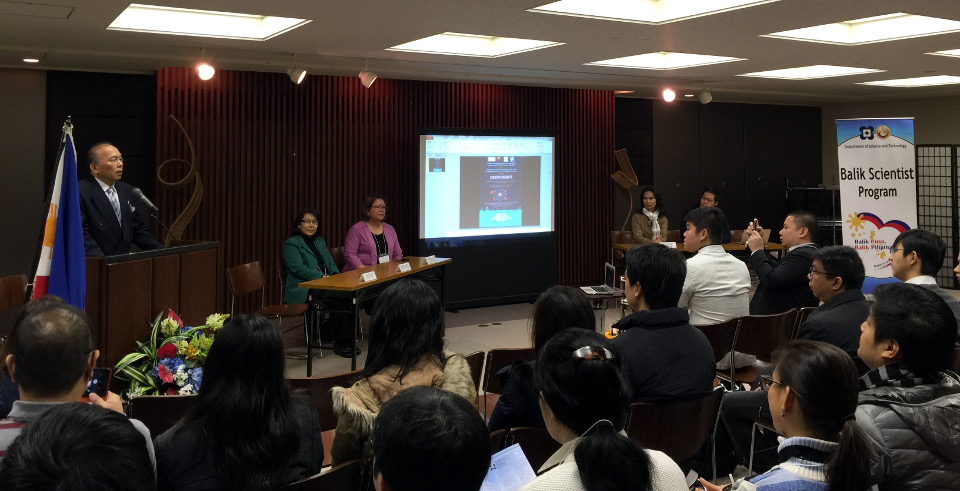 In his welcome remarks, DCM Asuque conveyed the full support of the Department and the Embassy for the Balik Scientist Program and assured the STAC-J and AFSJ members that their future participation as Balik Scientists will be a sacrifice that is “much more rewarding” because they are giving back to the Philippines.
In his welcome remarks, DCM Asuque conveyed the full support of the Department and the Embassy for the Balik Scientist Program and assured the STAC-J and AFSJ members that their future participation as Balik Scientists will be a sacrifice that is “much more rewarding” because they are giving back to the Philippines.
 In opening her presentation, Undersecretary Amelia Guevara remarked that the diverse academic background and credentials of the Filipino scientists and professionals in attendance were impressive enough to immediately enhance the current pool of Balik Scientists, a majority of whom were based in the United States. She hopes to tap more scientists, researchers, academics, and professionals in Asia, which generated only nine percent of total Balik Scientists, and particularly from Japan, which is still among the global leaders in promoting innovation, science and high-technology across diverse sectors and industries. The Undersecretary gave an overview of current R&D priorities of the DOST in line with key result areas of the Philippine Development Plan 2011-2016 and invited the Japan-based Filipino scientists to explore areas where they can best take part in and contribute their expertise and experience.
In opening her presentation, Undersecretary Amelia Guevara remarked that the diverse academic background and credentials of the Filipino scientists and professionals in attendance were impressive enough to immediately enhance the current pool of Balik Scientists, a majority of whom were based in the United States. She hopes to tap more scientists, researchers, academics, and professionals in Asia, which generated only nine percent of total Balik Scientists, and particularly from Japan, which is still among the global leaders in promoting innovation, science and high-technology across diverse sectors and industries. The Undersecretary gave an overview of current R&D priorities of the DOST in line with key result areas of the Philippine Development Plan 2011-2016 and invited the Japan-based Filipino scientists to explore areas where they can best take part in and contribute their expertise and experience.
 Undersecretary Rowena Guevara, on secondment from her position as Dean of the University of the Philippines College of Engineering, briefed the STAC-J and AFSJ members on specific priority projects of DOST under its Five-Point Program, including Project NOAH, the PNR Hybrid Electric Train, UP Monorail, and Hybrid Road Train, agricultural-based technology, ICT and other priority projects in the pipeline.
Undersecretary Rowena Guevara, on secondment from her position as Dean of the University of the Philippines College of Engineering, briefed the STAC-J and AFSJ members on specific priority projects of DOST under its Five-Point Program, including Project NOAH, the PNR Hybrid Electric Train, UP Monorail, and Hybrid Road Train, agricultural-based technology, ICT and other priority projects in the pipeline.
In particular, she briefed the participants on the national microsatellite project that she oversees, the Philippine Scientific Earth Observation Micro-satellite (Phil-Microsat) Project, which has produced the Philippines’ first ever microsatellite designed by Filipinos for exclusive use in the Philippines. The first of two Philippine microsatellites, PHL-Microsat-1 or “Diwata,” will be formally turned over to the Japan Aerospace Exploration Agency (JAXA) on 13 January 2015 for its eventual launch on 21 March 2016, while the other microsatellite, PHL-Microsat-2, is scheduled for launch into space in 2017. Undersecretary Rowena Guevara invited the Japan-based Filipino scientists and graduate students to help contribute their skills and know-how to ambitious projects such as the microsatellites under the DOST’s advanced research program, and to help realize the government’s first national space agency, which DOST envisions would oversee PH’s space operations in the future.
The 61 invited participants in the Briefing on the Balik Scientist Program included students, professionals and practitioners from the Can English School, Graduate University for Advanced Studies, Niigata University, Soka University, Tokyo Institute of Technology, University of Tokyo, University of Tsukuba, Anritsu Corporation, AsiaPacific Economic Cooperation-Asia Pacific Energy Research Centre, Astra Incorporated, Cipher, Cryptography Research Incorporated, Isla Pamilya Co., J-SYS Philippines Incorporated, Moore Stephens, Toshiba Corporation, Weathernews Incorporated, Wisdom Incorporated.
